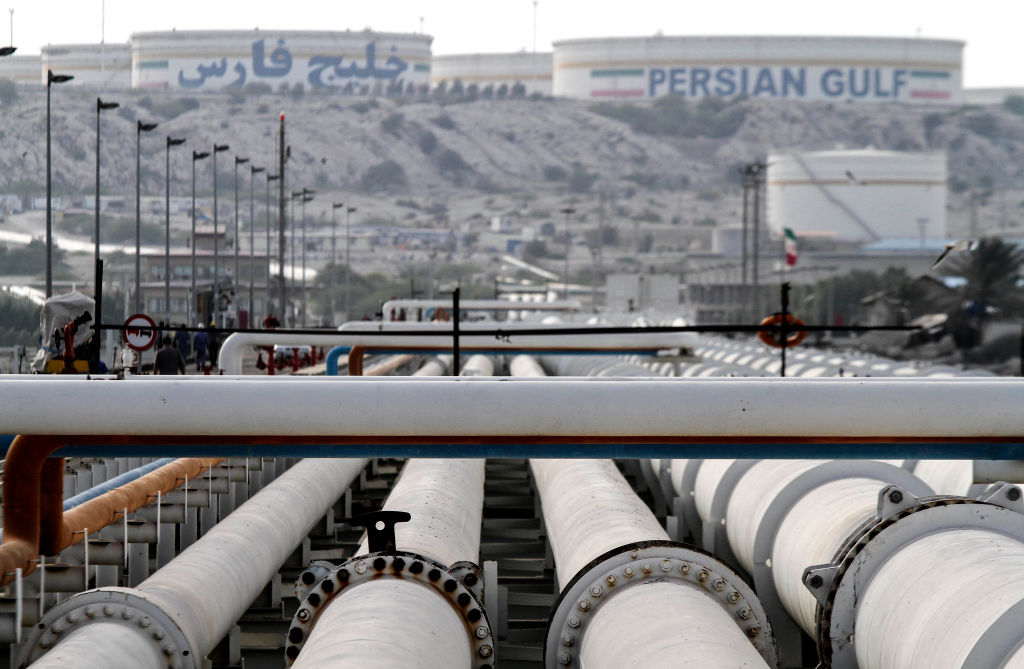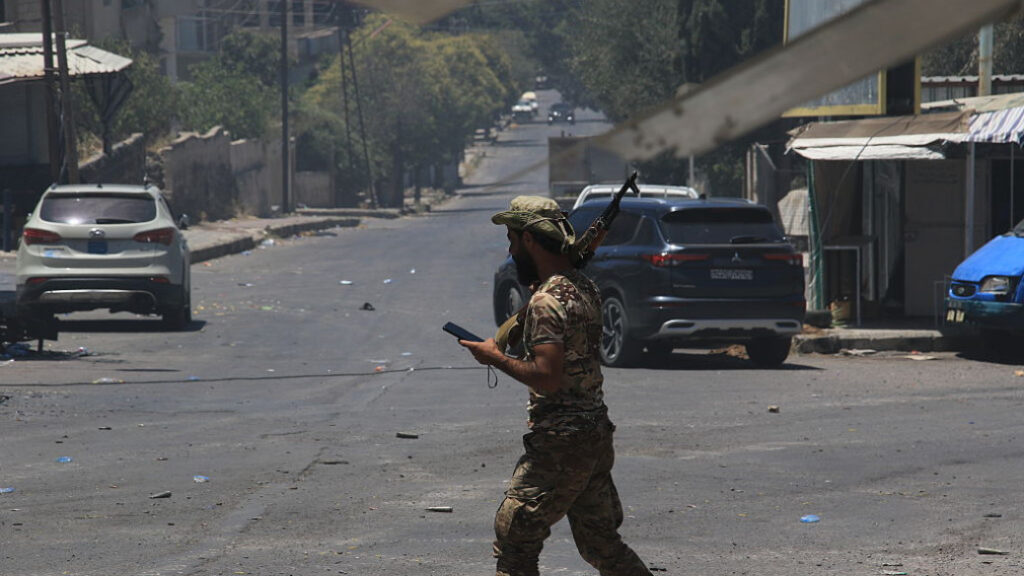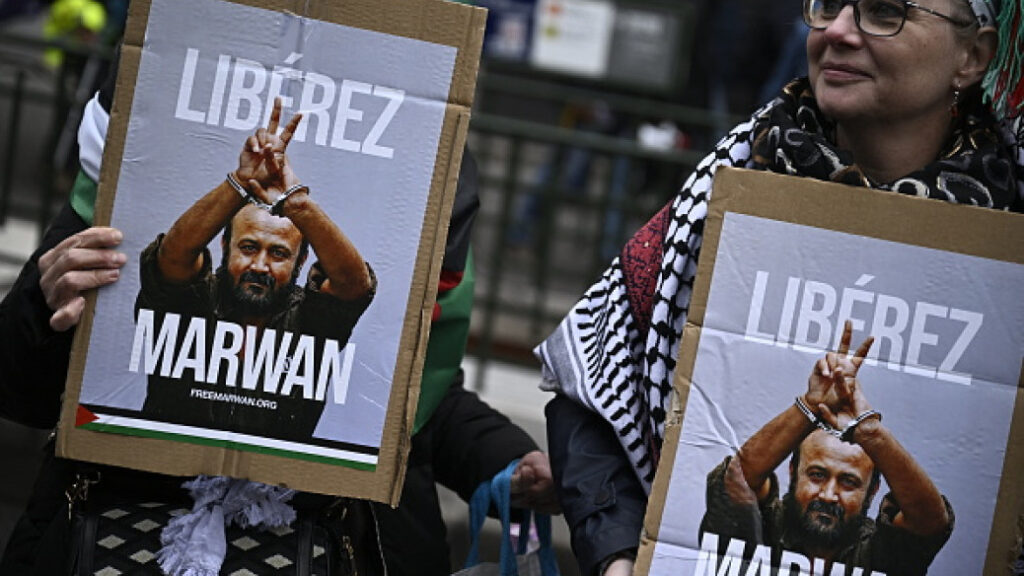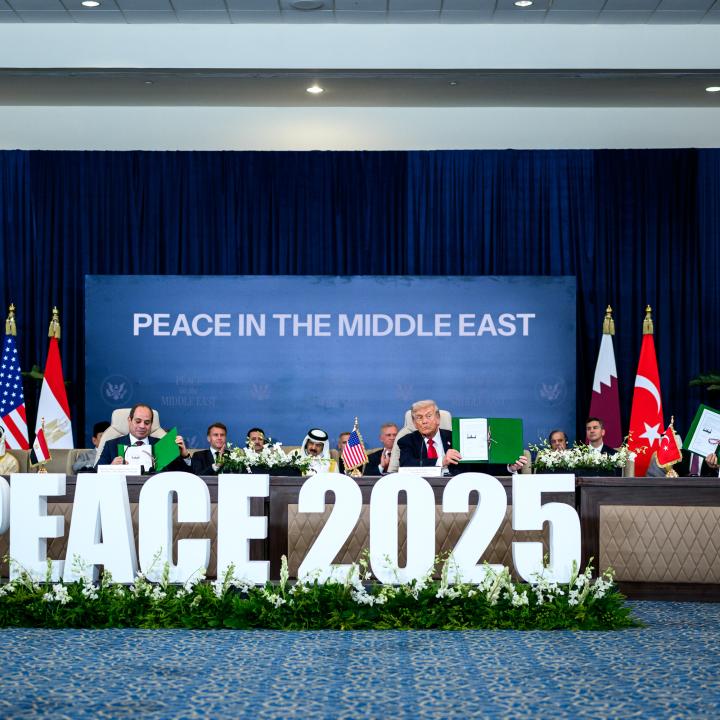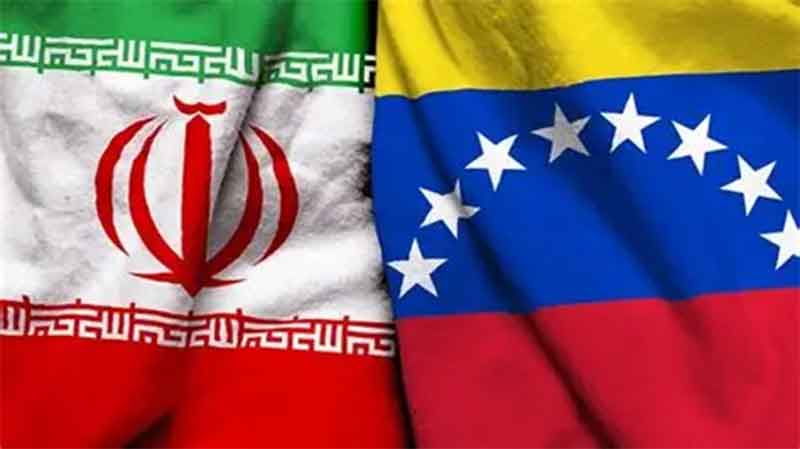Syria seizes bombs and drones in new anti-ISIS raid in Damascus
Syria has seized drones and explosives from a suspected ISIS hideout in Damascus, in a swoop it said “confirms” it is capable of fighting extremists.
The raid, in which a suspected member of ISIS was arrested, was one of two against the group announced in the space of 24 hours. It came as US President Donald Trump prepared to receive the bodies of two Americans killed in an attack in Palmyra that authorities blamed on ISIS.

